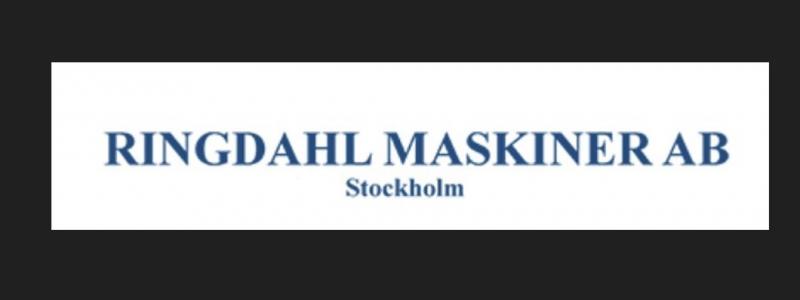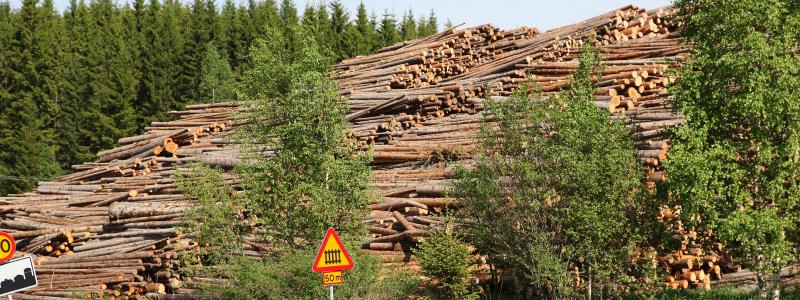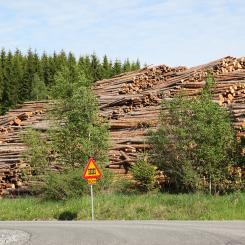WWF recognizes the leadership in transparency of 25 of the world’s most important pulp and paper manufacturers, as demonstrated by their participation in the WWF Environmental Paper Company Index 2013. Companies voluntarily disclosed the ecological footprint of 40 product categories, more than doubling those evaluated in the 2011 index.
The companies recognized for their transparency in today’s launch of the WWF Environmental Paper Company Index (EPCI) 2013 together produce 14 per cent of the world´s paper and board, respectively 28 per cent of the world’s graphic paper, 29 per cent of the world’s newsprint, 14 per cent of the world’s tissue and 6 per cent of the world’s packaging. They also produce 14 per cent of the world’s pulp.
In alphabetical order, the 25 companies showing leadership in transparency in the EPCI 2013 are:
Appleton Coated (North America), Arauco (South America), Arjowiggins Graphic (Europe), BillerudKorsnäs (Europe), Bio-PAPPEL (Central America), Cascades (North America), CMPC (South America), Domtar (North America), Fedrigoni (Europe), Fibria (South America), ITC (Asia), Klabin (South America), Lecta (Europe), Lenzing Papier (Europe), Metsä Group (Europe), Mondi (South Africa), NewPage (North America), Norske Skog (Europe), Resolute Forest Products (North America), SCA (Europe), Södra (Europe), Sofidel (Europe), Stora Enso (Europe), TNPL/Tamil Nadu (Asia), UPM (Europe).
“We are delighted that over a third of the 70 globally significant players invited to participate in the WWF EPCI 2013 have taken this opportunity to disclose their sustainability performance and targets,” says Emmanuelle Neyroumande, Manager of WWF International’s pulp and paper work. “This robust participation shows a real interest by the companies in working towards reducing their ecological footprint.”
WWF’s projections show that higher incomes and a growing population will increase demand for many commodities, including food, fuel, timber and fibres. Forest-based industries, which rely on resources that can be renewed, will be key to conserving forests in an age of resource scarcity and land-use competition. Even though the paper industry has shown some progress in recent decades, the globalized nature of the industry demands sector–wide, ambitious environmental goals for responsible sourcing, production and use of its products and maximum transparency. The WWF Environmental Paper Company Index can assist the pulp and paper industry on its path of continual improvement.
“More important than the scores achieved is the transparency shown by the participants. Companies that declined to participate have missed a chance to demonstrate the efforts they might be undertaking to address environmental issues” says Neyroumande.
Top News
Suzano, the world’s largest pulp producer, has launched its Nature Strategy, reaffirming the company's commitment...


Graphic Packaging Holding, a global leader in sustainable consumer packaging, today announced that Robbert Rietbroek...
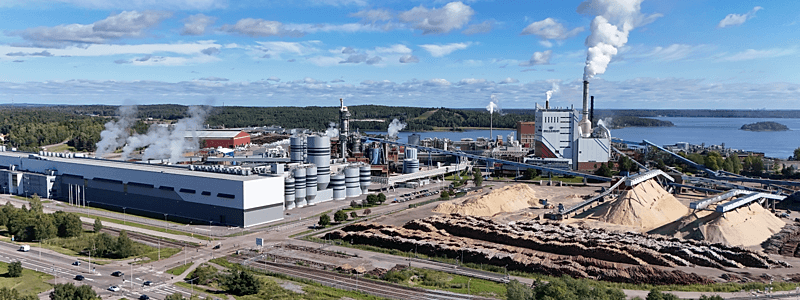
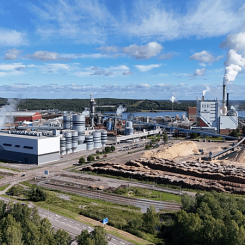
Billerud is strengthening its leadership in the premium Containerboard segment through a targeted investment at...
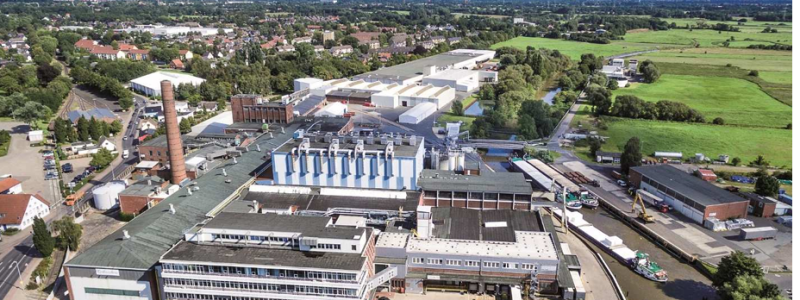

Paperfabrik Feldmuehle GmbH in Germany is closing down operations. After more than 120 years, paper...


Mondi, a global leader in sustainable packaging and paper, has teamed up with bicycle manufacturer...


Metsä Board has completed a cradle-to-grave life cycle assessment* comparing the carbon footprints of takeaway...
ProAmpac, a global innovator in flexible packaging and material science, announced today that it has...

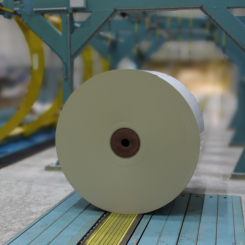
DS Smith, an International Paper company and leading global provider of sustainable fibre-based packaging solutions...
Valmet has concluded the change negotiations started on November 10, 2025, concerning temporary layoffs in...
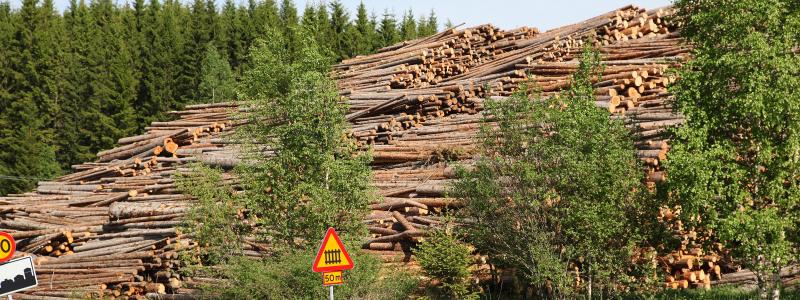
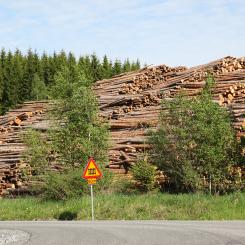
The EU Council’s presidency and the European Parliament’s representatives reached a provisional political agreement on...


The Georgia Forestry Foundation, in partnership with the USDA Forest Service and the Softwood Lumber...


Paperworld China 2025 concluded on a strong note, welcoming over 300 exhibitors from 16 countries...
During the autumn, SCA’s forestry operations were audited in accordance with the FSC Forest Management...
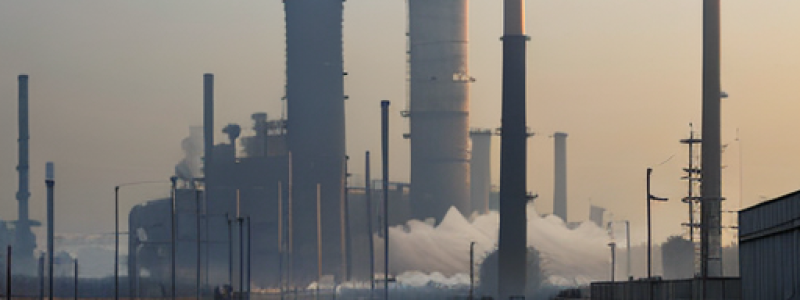

Hinojosa Packaging Group introduces its own Product Carbon Footprint Calculator. The launch of this tool...
Lumber company Boise Cascade announced recently that Nate Jorgensen, Chief Executive Officer, plans to retire...
Job listings












